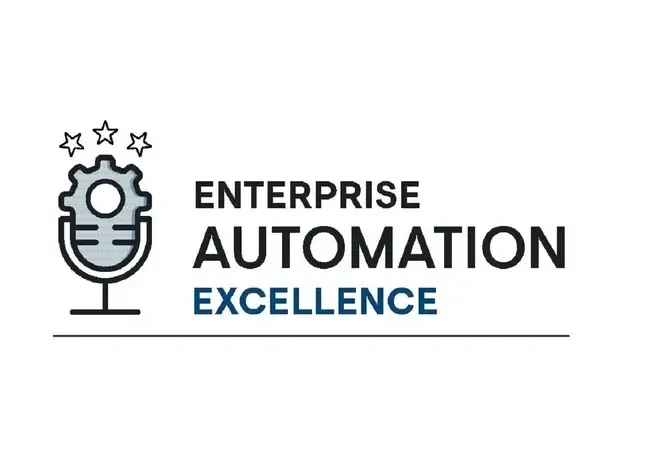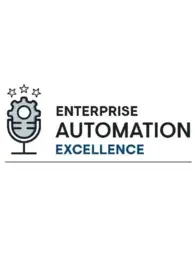Dan Twing and Tom O'Rourke are joined by Pete Goldin (DevOps Digest). Dan and Pete discuss their recent survey of AI development and DevOps tools. The research shows high adoption rates of AI-native development tools with broad use of AI integration in core processes. This early success has created cautious optimism, however, significant governance gaps exist in many organizations. Automation leaders must prepare for changes to CI/CD and release management processes, as well as different automation usage profiles as AI tools are integrated.
Key Points
- AI development tools have become a competitive requirement
- AI introduces changes that are not addressed through existing change controls and governance
- Integrations with automation
- Automation integration use cases will shift as AI tools change development processes and utilize a greater set of automation tool capabilities
- Developer and automation team skillsets must evolve, while AI may handle more basic activities, deep knowledge of the environment and business processes will be needed to meet requirements for critical business systems
Takeaways for Automation Leaders
1. AI SRE tools will automatically make changes to enterprise infrastructure and processes:
- Document current integration points and systems
- Establish change detection to generate alerts of changes made outside of existing controls
- Measure current performance in order to identify where AI tools impact KPIs
These precautionary actions have value for cybersecurity as well.
2. Build governance partnerships before a crisis occurs
- Establish relationships with development, DevOps, security and IT governance teams
- Discuss how AI changes will be reviewed, tested and promoted through the environments.
- Create a shared knowledge base
Episode Links
AI in DevOps On-Demand Webinar:
AI in DevOps Report:
DEVOPSdigest









Comments ( 0 )